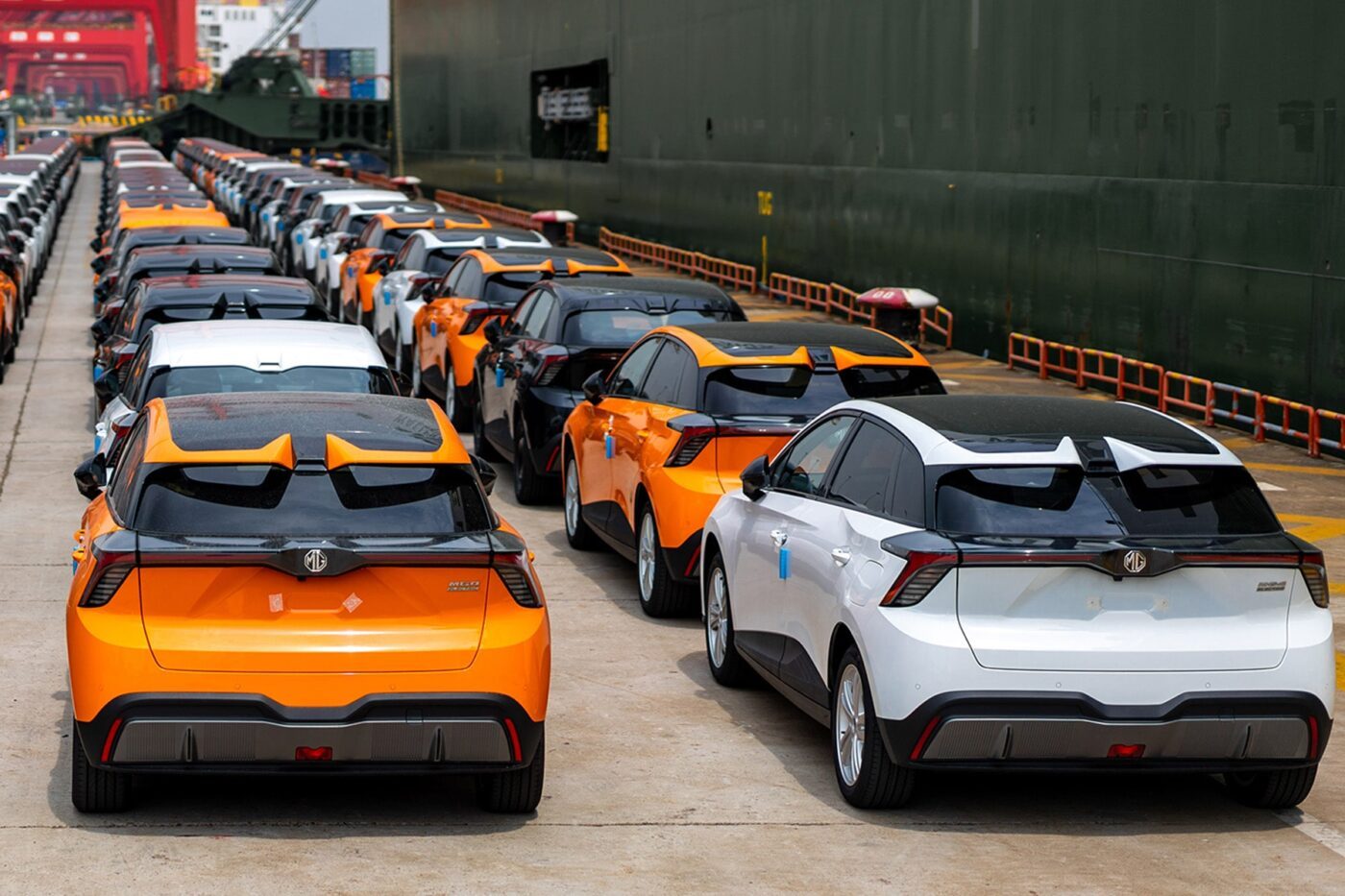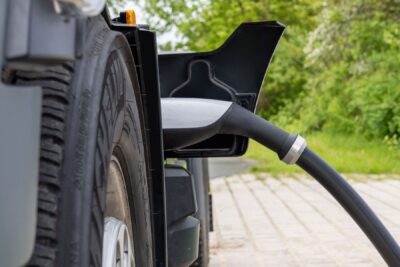EU investigators launch anti-dumping investigation against Chinese manufacturers
Reuters is now revealing new details about the “anti-subsidy investigation” as it is officially known, launched by the EU in October 2023. As the news agency has learned from three people involved in the investigation, investigators from the European Commission will visit the three Chinese manufacturers BYD, Geely and SAIC in the coming weeks to verify information previously provided by the manufacturers in questionnaires.
The ongoing anti-dumping investigation is based on the European Commission’s assumption that Chinese electric vehicle importers are benefiting from excessive state subsidies in their home country. EU Commission President Ursula von der Leyen formulated this in mid-September in the European Parliament in Strasbourg: “Global markets are now flooded with cheaper Chinese electric cars, and their price is kept artificially low by huge state subsidies. This is distorting our market.”
In the eyes of the EU Commission, this distorts the local market. “As we do not accept this distortion from the inside in our market, we do not accept this from the outside. So, I can announce today that the commission is launching an anti-subsidy investigation into electric vehicles coming from China,” von der Leyen said at the time.
The announcement triggered an enormous response, above all, of course, from China itself: “This countervailing duty investigation from Europe is based only on subjective assumptions about so-called subsidies and threats of damage. It lacks sufficient evidence to support it and is inconsistent with relevant WTO rules, and China is strongly dissatisfied with this,” said a spokesperson for the Chinese Ministry of Commerce. The European side had asked China to hold consultations within a very short period of time, but had failed to provide “effective consultation documents”, which violated China’s rights and interests, the spokesperson said. The investigation measures planned by the EU were designed to protect its own industry in the name of “fair trade” and were pure protectionism. This will disrupt and distort the global automotive industry and supply chains, including in the EU, and have a negative impact on economic and trade relations between China and the EU.
On the other hand, the EU emphasizes that the investigation will be conducted following strict legal procedures in line with EU and WTO rules. “All parties concerned, including the Chinese government and companies/exporters, may submit their comments, evidence and arguments.” The investigation should be completed within a maximum of 13 months from its initiation. If legally justified, provisional anti-subsidy duties can be imposed up to nine months after initiation. Definitive measures can be imposed up to 13 months after the initiation of the investigation (i.e. until November 2024).
The so-called ‘verification visits’ to Chinese manufacturers now serve to check questionnaires filled out by the car manufacturers in advance during on-site inspections, Reuters reports, citing insiders. Olof Gill, spokesperson for the European Commission for Trade, did not name any manufacturers, but confirmed the planned inspections in principle: “The Commission selected a representative sample of Chinese and EU producers, which have already replied to the questionnaires. The Commission will carry out verification visits at their premises in January-February 2024.” According to the Reuters sources, these are BYD, Geely and SAIC. Non-Chinese brands producing in China, such as Tesla, Renault and BMW, are not said to be affected.
Within 13 months, the anti-dumping investigation should clarify whether cheaper electric cars manufactured in China are benefiting unjustifiably from state subsidies. This question is particularly relevant in light of the increasing market share of electric cars made in China. These accounted for eight per cent of the EU electric vehicle market in 2023 and could reach 15 per cent by 2025, according to Reuters, “with these electric vehicles generally costing 20 per cent less than models made in the EU”.





2 Comments